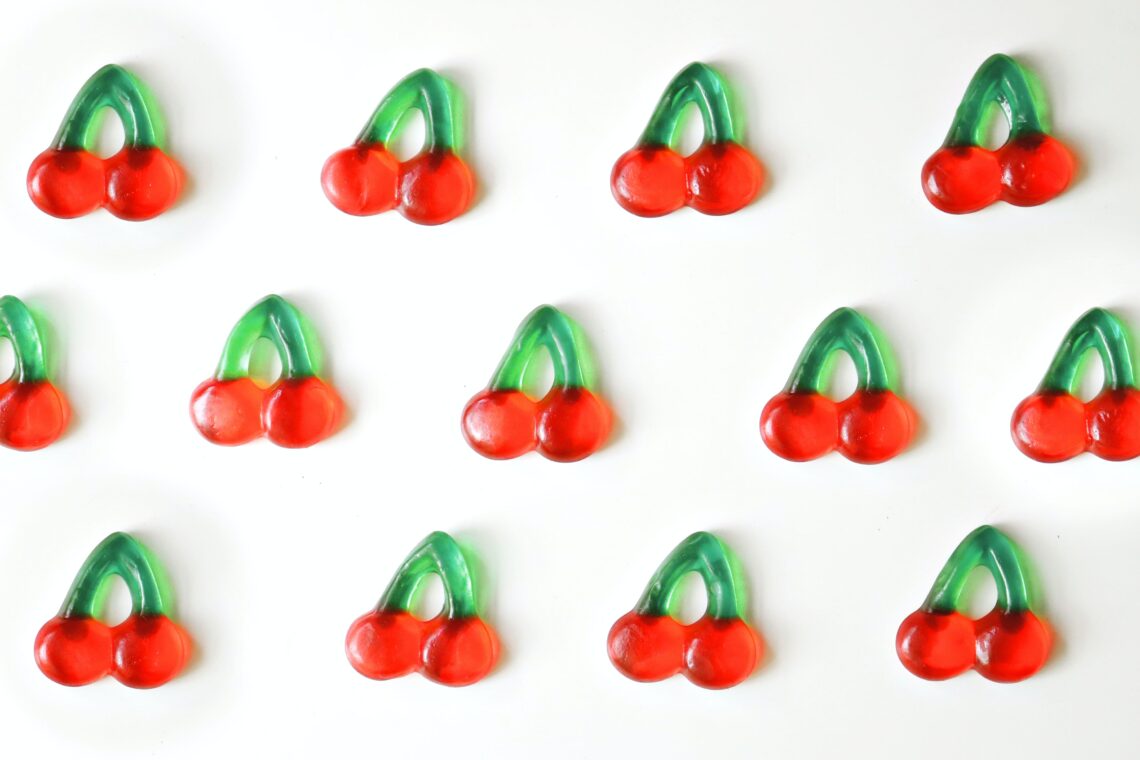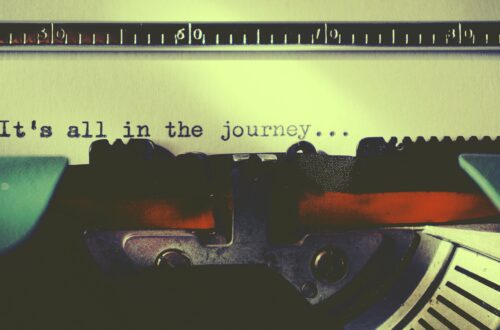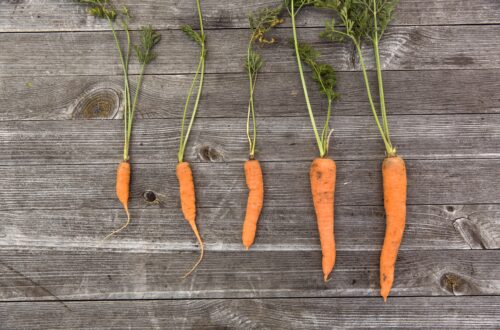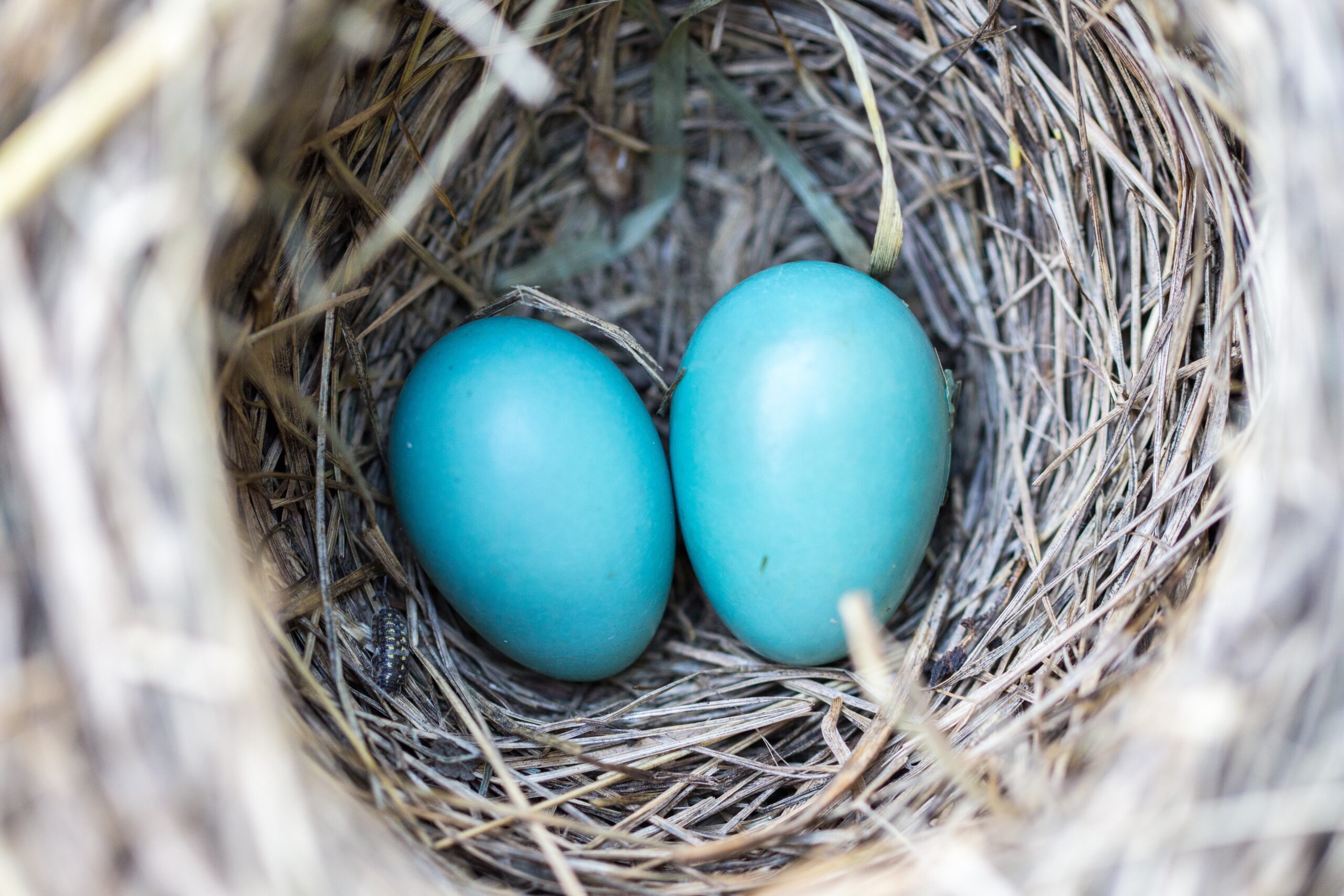
Skittles Are Wishes: everything you do matters
We are at once the problem and the only possible
Michael Pollan
solution to the problem.
Hamburgers
I stopped eating meat when I was 11. When I was emotionally and intellectually mature enough to realize what (who!) the hamburger was, I was horrified, and that was that. A few years later, I learned more about factory farms, and swore off dairy and eggs, too. I loved animals and have never seen them as inferior beings. I couldn’t participate in their confinement, cruel and unfair treatment, or consumption. At its core, my choice was that simple and still is.
Some years later, I was at a talk where the science journalist Michael Pollan said plainly that when we buy something at the grocery store, we’re voting for it—that this is how everything works in a capitalist economy. Our money is our vote. So if I buy a tote of local, organic apples, I’m voting for that along with everything that comes with it. Same goes for if I buy a pack of cigarettes or socks or Skittles.
I’d never heard this put so simply before, and it kind of blew my mind!
I was used to thinking about what I consumed in terms of how it affected my health or happiness, or reflected my beliefs and feelings about the peaceful, damp-eyed cows up the road, but I was not used to thinking that every purchase I made had the power to reshape the market itself. That it’s not availability determining what I buy, but the other way around!
It was a revelation.
Everything you do is a wish you are making, a vote you get to cast for yourself and your life and the world.
Currency
I didn’t internalize all of this to mean I can’t ever vote for the Skittles (especially the red ones—I love those), but in registering that whatever I purchase at the market matters, it started to dawn on me that whatever I purchase anywhere matters. And, in fact, whether it involves money or food or more abstract products or currencies, each and every trade I make matters.
And it kind of matters a lot.
It’s often suggested in Zen Buddhism that this basic concept applies to everything we do. The philosopher Jean-Paul Sartre famously put it this way: A man is the sum of his actions.
We are the sum of our actions.
What does this really mean, to be the sum of your actions?
It means that everything you do (your thoughts! your body language! your speech! Your decisions, behaviors, reactions, treatment of others, treatment of yourself, choices about what you spend your time doing or consuming…) matters. In many ways, our lives are their own kind of transactional economies. What’s the currency? Your energy, time, and attention. How you spend it directly influences what you get to bring home to yourself.
We experience only what we pay attention to.
We remember only what we pay attention to.
When we decide what to pay attention to in the moment, we are making a broader decision about how we want to spend our lives.
from How to Break Up With Your Phone, by Catherine Price
rock your own vote!
It stands to reason, then, that our habits are established by whatever we repeatedly spend our energy and attention on. When we’re trying to change them, we have to make sure we can really get behind them. We can choose what to vote for, or we can leave it up to chance or circumstance. But we all know what can happen when we don’t take our vote seriously: it’s not pretty! But when we do? There may be no stopping us.
Our vote is our superpower!
Our habits are ours and only ours; nobody can plan or change them for us. We all have habits already: we’re making choices all the time, whether or not we mean to—and whether or not they ultimately reflect our values and support our well-being. When it comes to shaping up our habits, it’s not just logistical; it’s about what we are, what we want, who we want to be, and how we want to show up in our lives.
Try this:
Spend some time reflecting on these questions. Be honest and kind to yourself as you go. And listen, no matter how you’ve been conditioned, you can be both at the same time, all the time. If your inner critic (or inner unicorn) starts getting involved, going off from the peanut gallery and such, give him a lollipop to shut him up, pop your inner earmuffs on, and remember that you’re just a little bunny working on your stuff like the rest of us. He’s just trying to get your attention, as per usual—and you know what that means!

– What are some of the things you habitually “vote” for? Is there anything you’d like to vote for more often?
– What are your habits of mind? Which are helpful and which are more problematic?
– What do you habitually spend your energy and attention on? How much of it is intentional, and how much of it isn’t?
– What might “better” look like? Feel like? What small change could you make now that might help you move toward it?
And for the artists, writers, music-makers and other creatives out there:
Consider these questions with your creative life and work in mind. What are your creative habits? Which support your creative processes and projects–and which don’t? What do you spend your creative energy on? How much of it is on purpose? What might be or feel “better”, and what could you experiment with doing differently to move in that direction?
It’s on us to make sure that we’re casting our votes on purpose, and that our habitual choices line up with what we really care about. It’s less about wishful thinking and more about think-ful wishing. And you can still have the candy sometimes—but remember that it’s going to give you a bellyache if you eat too much of it. And if you choose it too often – that might be all that’s available!
And you might miss out on a lot of good apples.
There’s no such thing as a vote that doesn’t matter.
Barack Obama
Breathe, love, be well, and stay tuned for more! xo, ali
Want to learn more? Let’s connect! I offer complimentary consultations and would love to explore working together.




